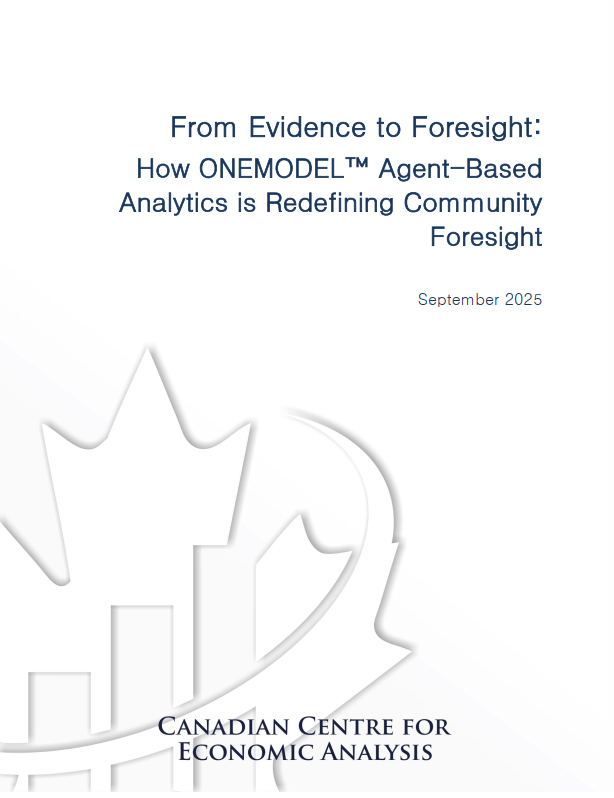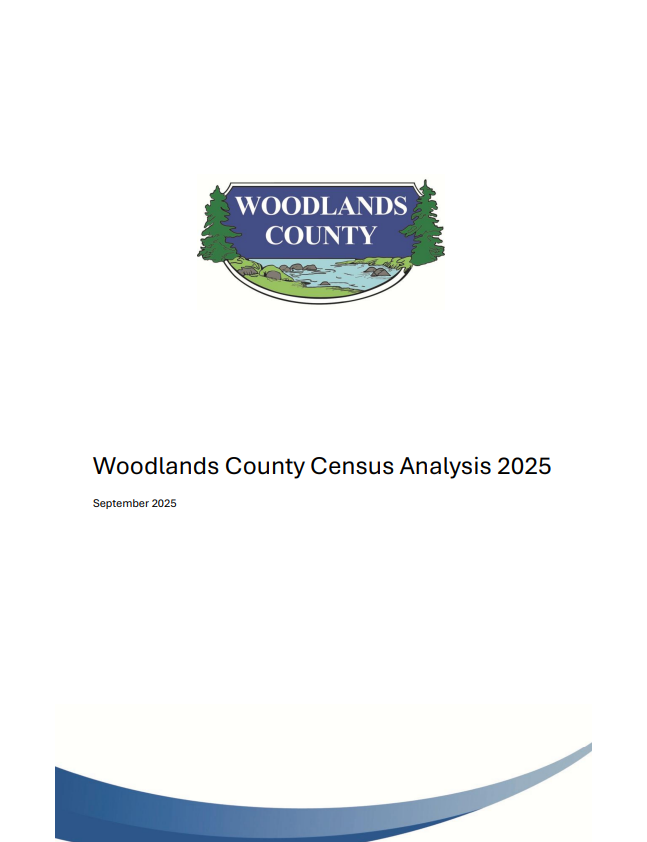This report showcases how the City of Burlington partnered with the Canadian Centre for Economic Analysis (CANCEA) to apply the ONEMODEL™ platform, the largest agent-based socio-economic simulation system in North America, to long-term community foresight. By integrating over 58,000 regions of Canadian data with CANCEA’s VECTOR framework and 5W Attribution™ method, the analysis moves beyond static dashboards to causally coherent, person-level insights.
Findings highlight how immigration, housing affordability, demographic ageing, labour force dynamics, and health outcomes will intersect in Burlington through 2051. The report demonstrates how “policy rehearsal” can replace traditional forecasting, allowing the city to test interventions before they impact real households. Key projections include growing renter unaffordability, increasing multi-adult households, intensified transit demand, and rising unsuitability in the housing stock.
By aligning evidence to action through targeted housing supply, inclusive zoning, transit-oriented planning, and skills development, the report underscores how agent-based analytics can transform community planning. Burlington’s case illustrates a new era of foresight: one that is transparent, equitable, and resilient, powered by causally protected AI and systems-level evidence.










